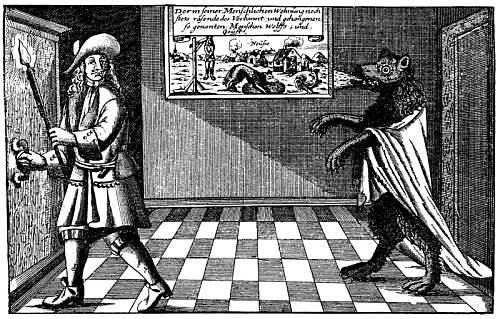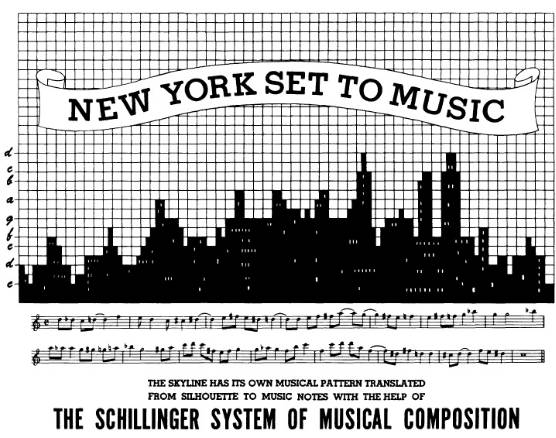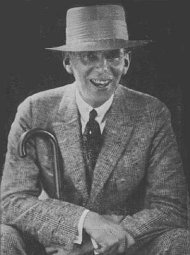In 1979, the California Court of Appeal reversed the conviction of a California man for possessing obscene films. Justice L. Thaxton Hanson wrote a long dissent implying that his colleagues favored pornography. In return, Justice Robert Thompson added a footnote to the majority opinion:
We feel compelled by the nature of the attack in the dissenting opinion to spell out a response:
1. Some answer is required to the dissent’s charge.
2. Certainly we do not endorse ‘victimless crime.’
3. How that question is involved escapes us.
4. Moreover, the constitutional issue is significant.
5. Ultimately it must be addressed in light of precedent.
6. Certainly the course of precedent is clear.
7. Knowing that, our result is compelled.
Read the first letter of each line.
John Peale Bishop (1892-1944) composed this acrostical poem, entitled “A Recollection”:
Famously she descended, her red hair
Unbound and bronzed by sea-reflections, caught
Crinkled with sea-pearls. The fine slender taut
Knees that let down her feet upon the air,
Young breasts, slim flanks and golden quarries were
Odder than when the young distraught
Unknown Venetian, painting her portrait, thought
He’d not imagined what he painted there.
And I too commerced with that golden cloud:
Lipped her delicious hands and had my ease
Faring fantastically, perversely proud.
All loveliness demands our courtesies.
Since she was dead I praised her as I could
Silently, among the Barberini bees.
I haven’t been able to learn anything more about it.




